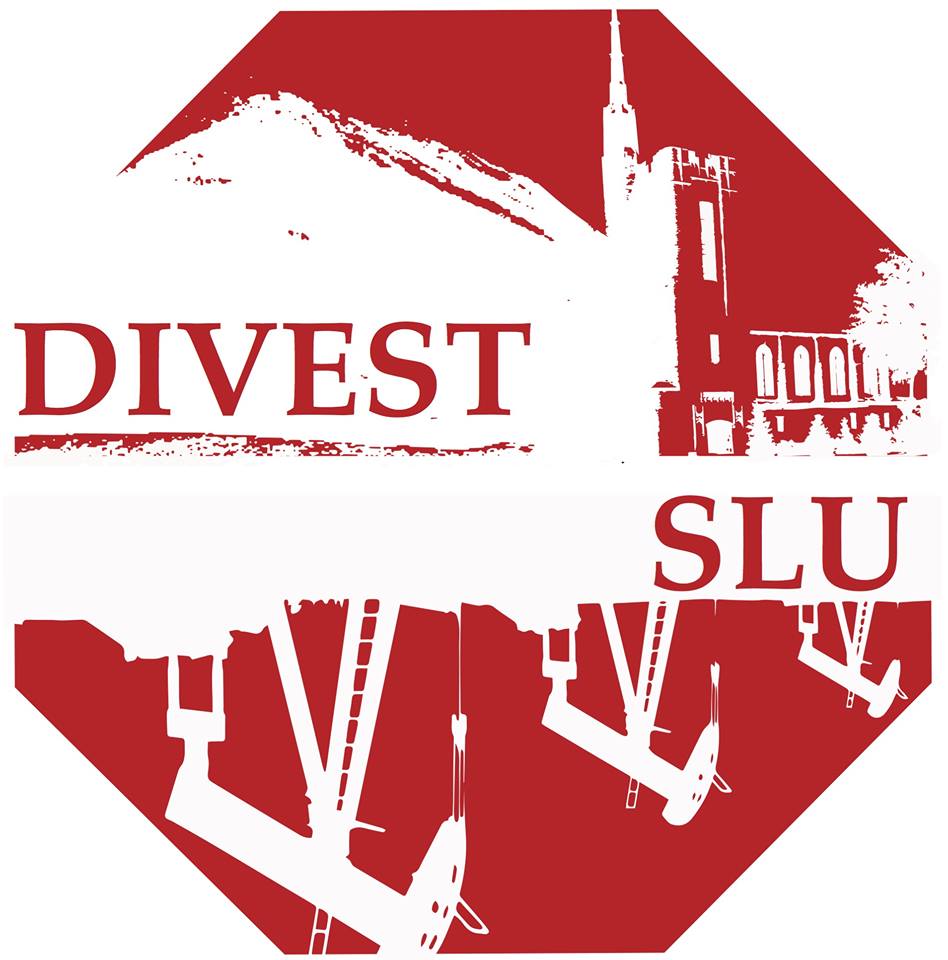By SATCHEL TOOLE
GUEST WRITER
The divestment of fossil fuels is one of the most important techniques being used in the fight against the global climate crisis. What started as a movement on university campuses has expanded to cities, pension funds, foundations, and many more institutions. These groups have joined a worldwide campaign to rid investment portfolios of holdings in fossil fuel companies, under the direction of environmentalist Bill McKibben. To date, $3.4 trillion has been divested worldwide. Luckily, these stocks have been sold at the perfect time. Global trends, including economic, social, and legislative tendencies, point towards a fossil fuel free future.
In early February, BP laid off 7,000 workers after revealing a historical loss of $6.5 billion. This occurred within a month of Shell reporting a 58% decline in quarterly earnings. Although divestment does not always involve sustainable reinvestment, it is interesting to note that Europe’s three publicly traded wind-turbine makers, Vestas, Gamesa, and Nordex, all doubled in value in 2015. While correlation does not equal causation, it is clear that global markets are starting to move away from a carbon intensive economy. On Friday, February 26, DivestSLU is meeting with the Board of Trustees in hopes that St. Lawrence will take a step towards a more sustainable future.
The stress for change at St. Lawrence is coming from within. Led by DivestSLU, a club founded in 2012, students have stood up in an effort to pressure the institution to invest in our future. The online petition written by the club has gathered nearly 1,400 signatures, representing over half of the student body. Other organizations across campus, such as the Thelomathesian Society, the Outing Club, the Panhellenic Council, SLU Democrats, and the Alpine Skiing team have all signed on to support the campaign as well. The voices speaking for a brighter future, however, have not been restricted to university groups and campuses. In an op-ed to the Los Angeles Times, Neva Rockefeller Goodwin, a member of the “first family of fossil fuel,” writes, “I lost faith in Exxon Mobile’s future value…Exxon’s valuation is based largely on the immense untapped reserves of oil and gas it owns. And yet if future generations are to inherit a livable world, most of those reserves must stay in the ground.” Such a statement, coming from a perspective inside the industry, speaks to the fragility of fossil fuel companies who have obscured our nation’s democratic policy making for centuries.
Through donations and lobbying, the fossil fuel industry has actively influenced legislative measures and governmental policies in an attempt to protect their destructive practices. In 2013 alone, fossil fuel lobbies spent $140 million to fight climate policy. In the same year, these companies contributed over $40 million to congressional campaigns. By taking this money, government representatives bet against the future of our environment. International agreements like that of the United Nations Climate Change Conference in Paris last year, however, have realized the detriment of carbon emissions to our planet and thus have agreed to limit its use. This puts enormous stress on many fossil fuel companies, whose value could fall substantially in the near future. Do we really want our endowment to rely on these corporations? We can no longer stand idle ignoring a worldwide crisis. Action must be taken.
DivestSLU plays only a small part in the global campaign to protect our planet through policy change. Schools including Georgetown University, the London School of Economics, and Stanford University have sold fossil fuel holdings, paving the way for other institutions like St. Lawrence to follow their lead. They have financial boards, all with the same intention of preserving their endowment, and yet still make the choice to divest. So why shouldn’t SLU? Enough is enough; the time for change is now.



